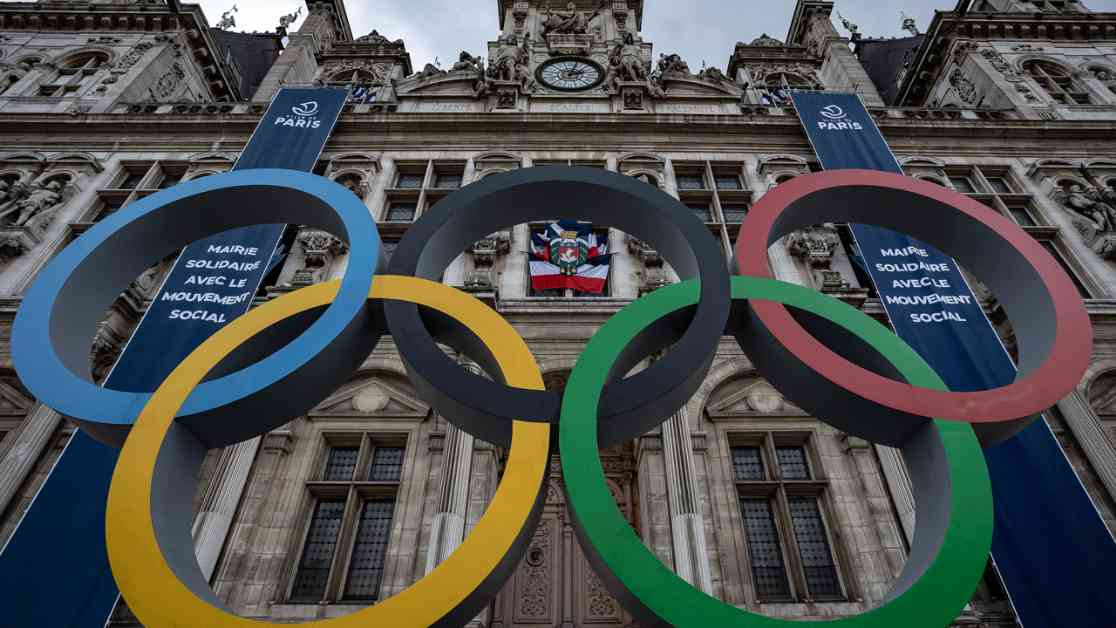As the 2024 Paris Olympics draw closer, various countries are finalizing their rosters for different sports. The Chinese Swimming Association recently announced its roster, which included 11 out of 31 swimmers who had previously tested positive for the banned heart medication trimetazidine in 2021, according to NBC.
Despite the positive tests, the World Anti-Doping Agency (WADA) cleared these athletes for competition at the Tokyo Olympics, attributing the results to inadvertent exposure to the substance through contamination. This decision sparked some controversy, with officials from the United States Anti-Doping Agency suggesting that WADA may have been involved in a cover-up.
WADA has vehemently denied these claims, calling them “completely false and defamatory.” The organization stated that it is committed to fair competition and has launched an independent review of the case involving the Chinese swimmers, although the findings have not yet been released.
Katie Ledecky, a seven-time Olympic gold medalist, expressed concerns about the doping scandal, stating that trust in the anti-doping system is at an “all-time low.” She emphasized the importance of ensuring a level playing field for all athletes competing in the Paris Games.
International Olympic Committee President Thomas Bach has expressed confidence in WADA and believes that as long as the proper procedures are followed, the swimmers should be allowed to compete in Paris. The Chinese foreign ministry has reiterated the country’s zero-tolerance policy for doping and commitment to fair competition in sports.
The controversy surrounding the Chinese swimmers highlights the ongoing challenges in maintaining the integrity of sports competitions and upholding anti-doping measures. As the Paris Olympics approach, it is essential for all stakeholders to work together to ensure a clean and fair environment for athletes from around the world.




